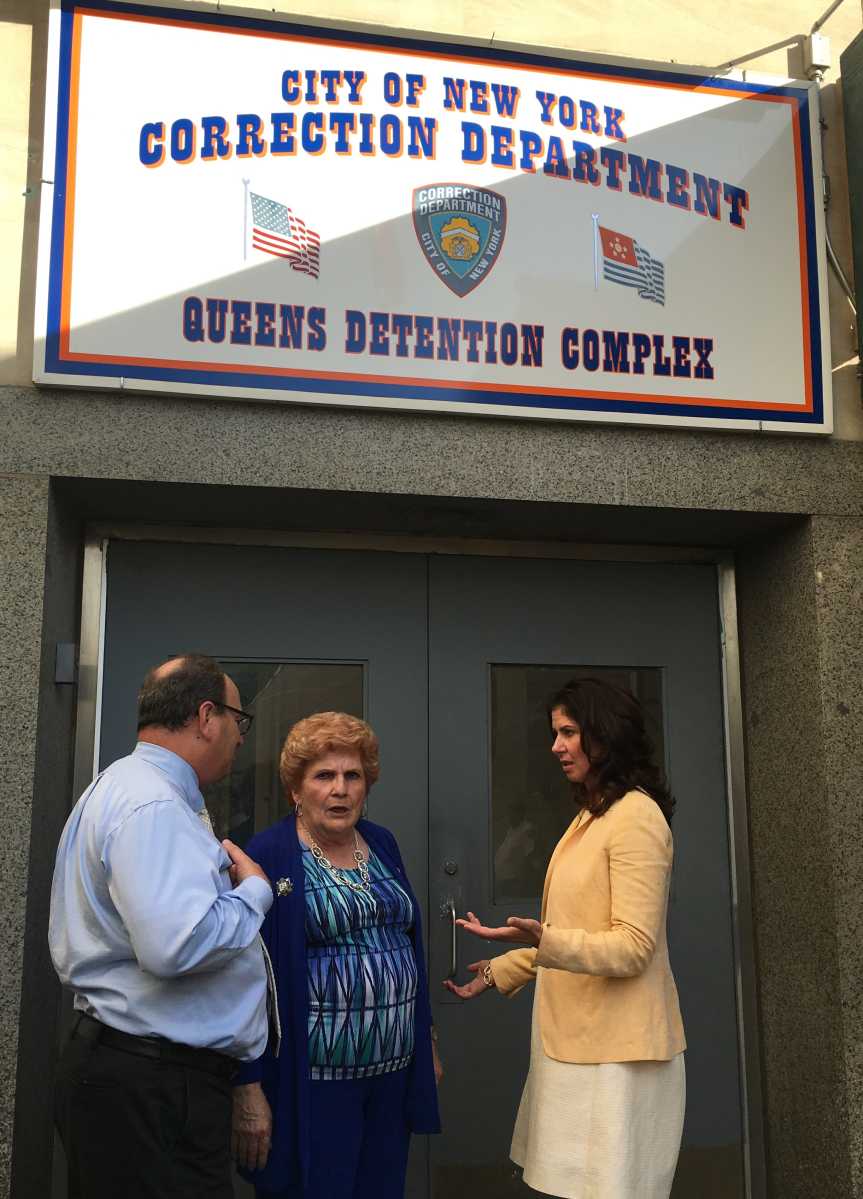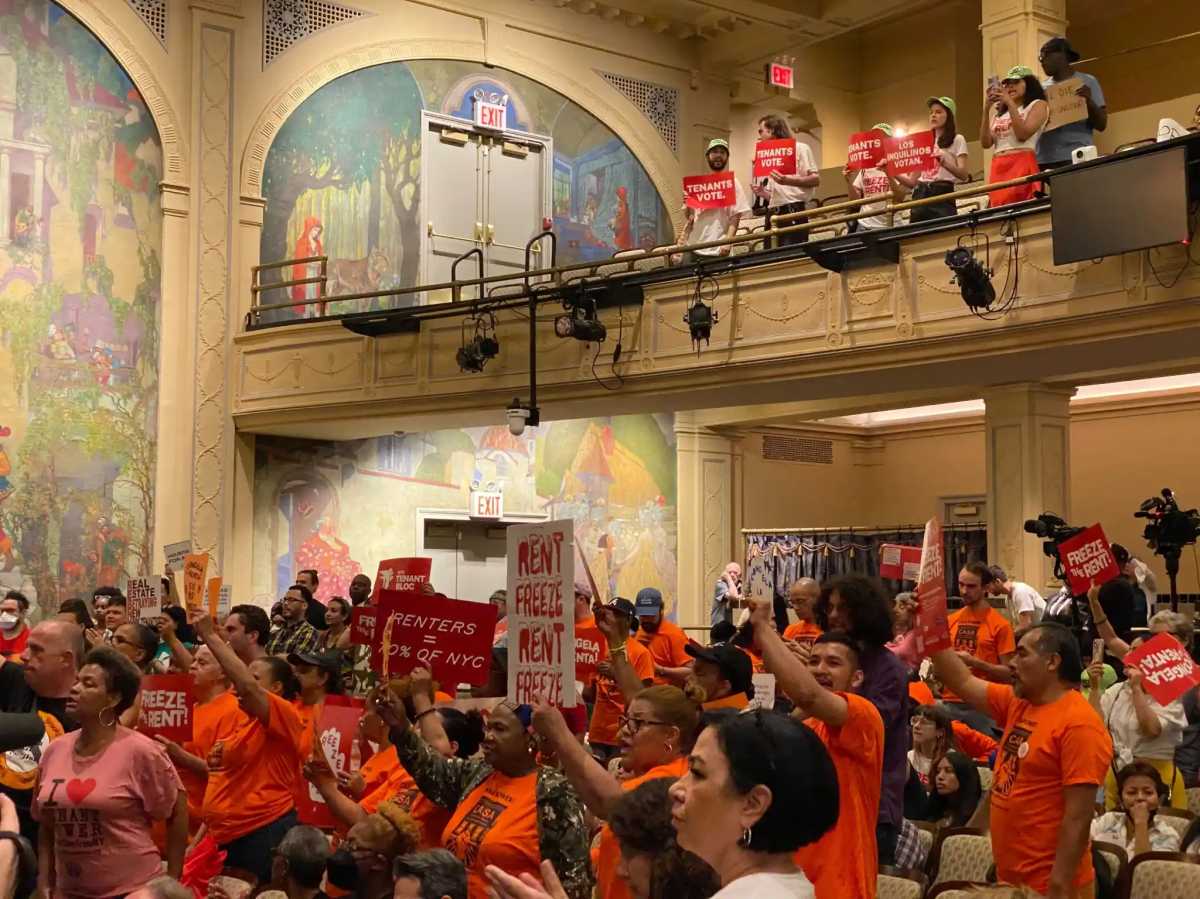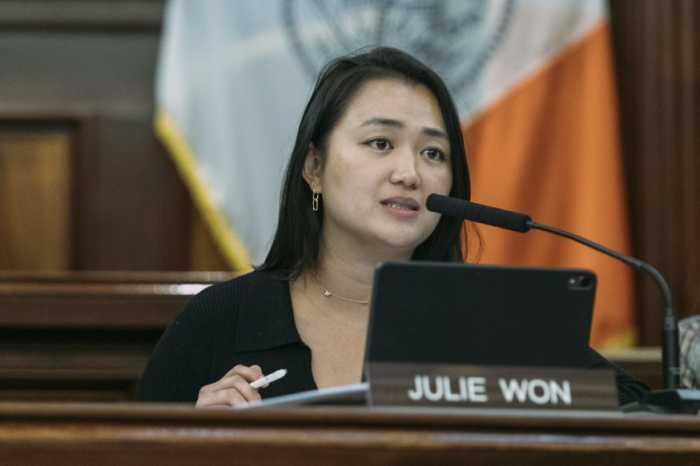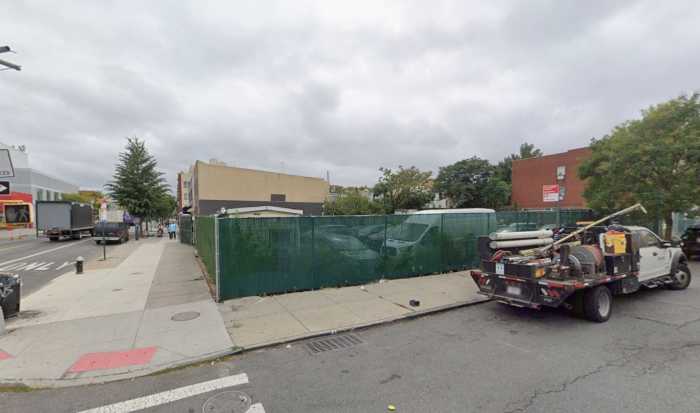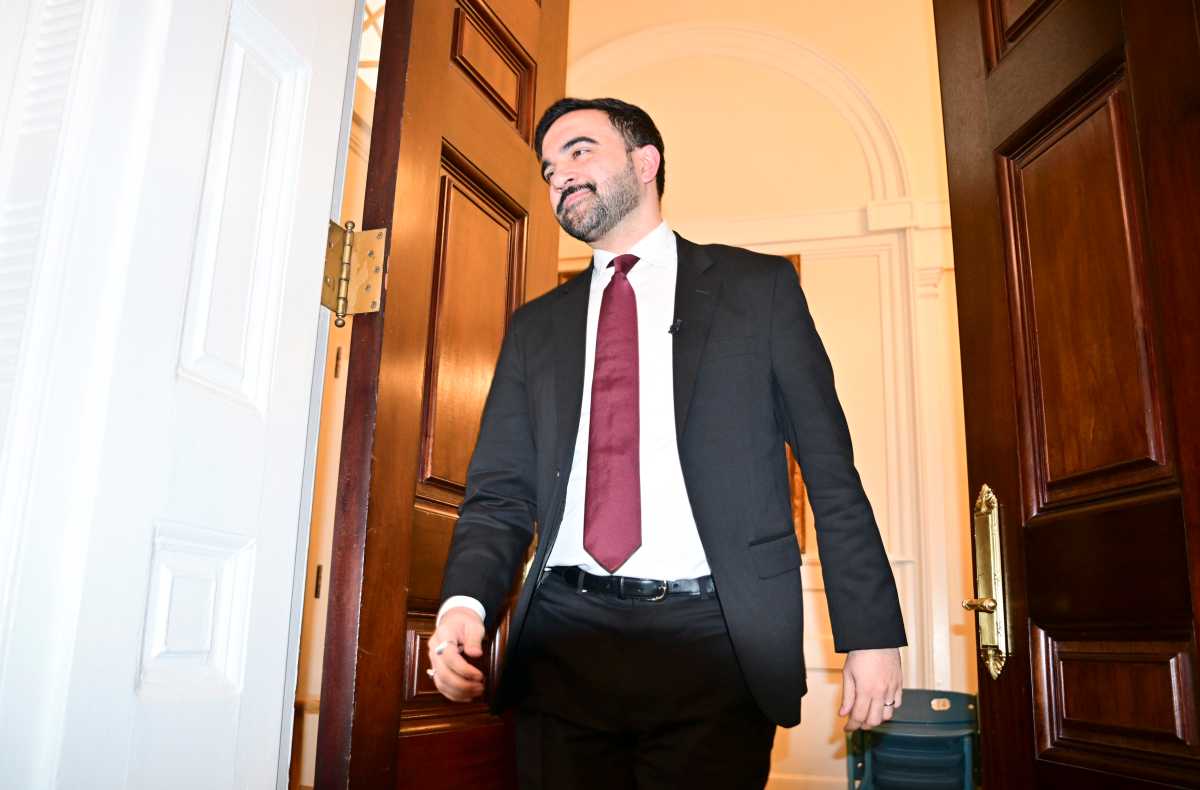If Rikers Island closes, an empty jail in Kew Gardens should be re-opened, according to most of Queens’ City Council delegation.
Nearly a dozen lawmakers from across Queens have officially signed on to a letter urging Mayor Bill de Blasio to select the former Queens Detention Complex in Kew Gardens as the site for the borough’s reduced inmate population if the plan to close Rikers Island moves forward.
This effort is being led by Councilwoman Elizabeth Crowley, chair of the City Council Committee on Fire and Criminal Justice Services, and Councilwoman Karen Koslowitz, chair of the Queens Delegation.
In its plan to close Rikers Island, Independent Commission on New York City Criminal Justice and Incarceration Reform (aka the Lippman Commission) proposes a borough-based jail facility model where jailhouses are located in community civic centers and near court infrastructure.
Many residents of Queens fear that this would mean opening up smaller, community-based jails near their homes, schools, jobs and shopping centers.
The lawmakers, however, contend that using the Kew Gardens facility would mean there would be no need for community jails, as the inmates would be housed in the former detention facility near the court system.
“The center was originally built for this purpose and for many years operated with little incident to the surrounding community,” the letter reads. “At the same time, selecting this facility would avoid the fraught process of placing community jails in residential neighborhoods throughout the borough, a move that we as lawmakers committed to the goals of the Lippman Commission forcefully oppose.”
Crowley and Koslowitz, as well as the other elected officials who signed the letter, believe that the plan to close Rikers Island over a 10-year period would be beneficial for the city, the inmates and their families, the workers on the island, and taxpayers.
“Busing inmates to and from Rikers Island to get to their court appearances is fiscally irresponsible, illogical and dangerous,” Crowley said. “Reverting back to the original model will save our taxpayers millions of dollars and help create a criminal justice system that better reflects our values as New Yorkers.”
The request to use the former detention center was made after Koslowitz and Crowley — joined by Councilman Barry Grodenchik and city Department of Corrections (DOC) personnel — took a tour of the Kew Gardens facility, visiting the inmate intake center, cell blocks and recreational spaces.
“Rikers Island is a detriment to our city and an embarrassment to our criminal justice system. Last week, I toured the former Queens Detention Complex and there needs to be work done, either through expansion or a complete reconstruction, to be able to house an inmate population,” Koslowitz said. “The site would be convenient because of its proximity to the Criminal Court and would reduce the cost and traffic associated with transporting prisoners. However, we need to ensure if a plan like this moves forward, that there is a long public discussion centered on the community’s concerns.”
According to the lawmakers, de Blasio’s plan to close Rikers Island, unlike the Lippman report, does not specify where the city is planning on placing these new jails. Most recently, City Hall has stated that it will likely not weigh in on the issue until the end of 2017.
The other lawmakers to sign off on the letter include Council members Costa Constantinides, Donovan Richards, Grodenchik, Peter Koo, Rory Lancman, Jimmy Van Bramer, Antonio Reynoso, Daniel Dromm and Julissa Ferreras-Copeland.
Moving forward with their plan, the lawmakers intend on making their case to city officials and will begin looking into possible public funding streams to conduct work in conjunction with rehabilitating the site for future use.

